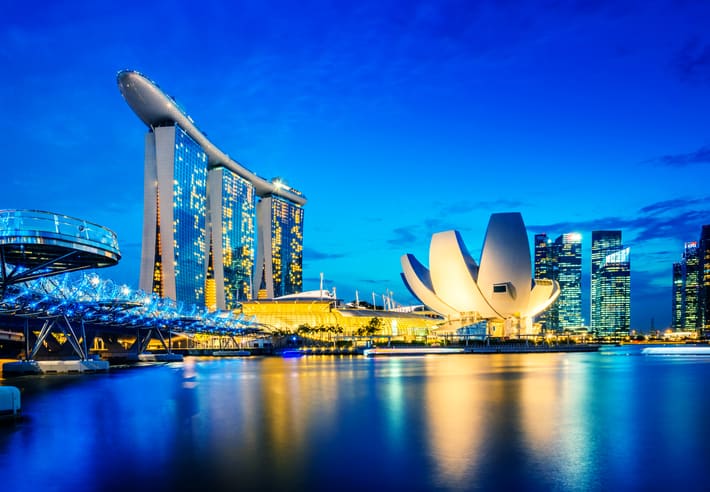More than half (55%) of the 228 Singaporean executives surveyed cite high levels of business confidence, on par with the international average of 56%, said Robert Half recently.
Robert Half commissioned research from 5,165 business leaders (CFOs, CIOs and general hiring managers) across the world using an online data collection methodology during October and November 2019.
Key drivers influencing business confidence
When looking at the top three reasons influencing their level of confidence, the current economic climate (57% vs. 54% international average), attracting suitable talent (54% vs. 48% international average), and expanding business opportunities (50% vs. 49% international average) are shared as the top considerations for many executives in Singapore and across the globe, the recruitment firm pointed out.
Firms expand permanent staff to address evolving priorities
When asked about their hiring plans for permanent professionals in 2020, four in 10 (40%) Singaporean business leaders across IT and finance say they will expand their headcount by adding new permanent positions to their teams while another 40% plan to maintain their staff levels and focus on filling vacated positions, according to Robert Half.
Singaporean businesses’ hiring plans are in line with international trends with respectively 38% of the surveyed countries planning to add staff to their teams and 39% planning to only fill vacated positions, the firm added.
Following a sustained surge in the number of temporary roles created in the Singaporean professional sector, companies are now prioritising filling vacant temporary roles rather than expanding their headcount, according to the recruitment firm.
Other survey highlights
- 35% of business leaders plan to maintain their current temporary staff headcount, on par with the international average of 32%
- When asked about the top factors influencing their hiring plans, Singaporean employers point to increased workloads (56% permanent/ 32% temporary), employee turnover (50% permanent/35% temporary) and the current economic and business climate (46% permanent/32% temporary).




